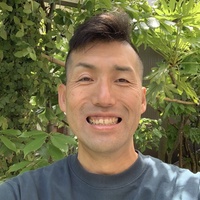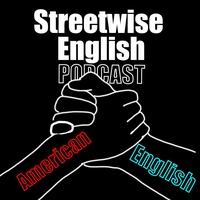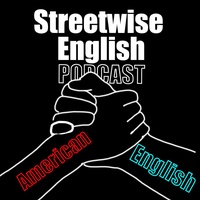Recherche parmi différents professeurs en Anglais…
In this Real English Conversations podcast episode, Amy and Curtis share their experience of what it’s like immigrating to and living in Mexico. They will share the top reasons why they have chosen Mexico as their home while they discuss the people, the amazing landscapes, and geographic diversity!
To learn the most from the hosts of this Podcast:
Book a lesson with Amy - https://www.italki.com/teacher/4637291/english
Book a lesson with Curtis - https://www.italki.com/teacher/4672521/english

Living abroad in Mexico Pt.1 : Real English Conversations Podcast On Italki
8 juin 2022
0
0
In This Real English Conversations Podcast Amy & Curtis use the most common expressions they have heard their parents say to them while they were growing up. Learn new and funny idioms, expressions & phrases that you can use in English.
Learn the most about this episode with the hosts of this Podcast:
Book a lesson with Amy - https://www.italki.com/teacher/4637291/english
Book a lesson with Curtis - https://www.italki.com/teacher/4672521/english

Things Parents Say: Real English Conversations Podcast On Italki
8 juin 2022
0
1
Afficher plus
Choix de la rédaction

Santa, St. Nicholas, or Father Christmas? How Christmas Varies Across English-Speaking Countries
6 j'aime · 4 Commentaires

11 Portuguese Superstitions You Should Know
3 j'aime · 0 Commentaires

The Subjunctive: The Art of What Might Be
5 j'aime · 0 Commentaires

3 K-Contents So Addictive, You'll Forget to Read the Subtitles!
0 j'aime · 0 Commentaires

Reflecting on Your Progress: Year-End Language Journal Prompts
5 j'aime · 3 Commentaires

5 Useful Italian Phrases You’ll Use Every Day in Italy
1 j'aime · 0 Commentaires

Speak Like a Local: The French Idioms That Bring the Language to Life
5 j'aime · 0 Commentaires

Italian Reflexive Verbs: What they are and how to use them
3 j'aime · 0 Commentaires

Christmas in France: A Blend of History, Tradition, and Modern Warmth
12 j'aime · 7 Commentaires

A Taste of Christmas: Traditional Holiday Dishes Around Portugal
8 j'aime · 5 Commentaires
Plus d'articles









